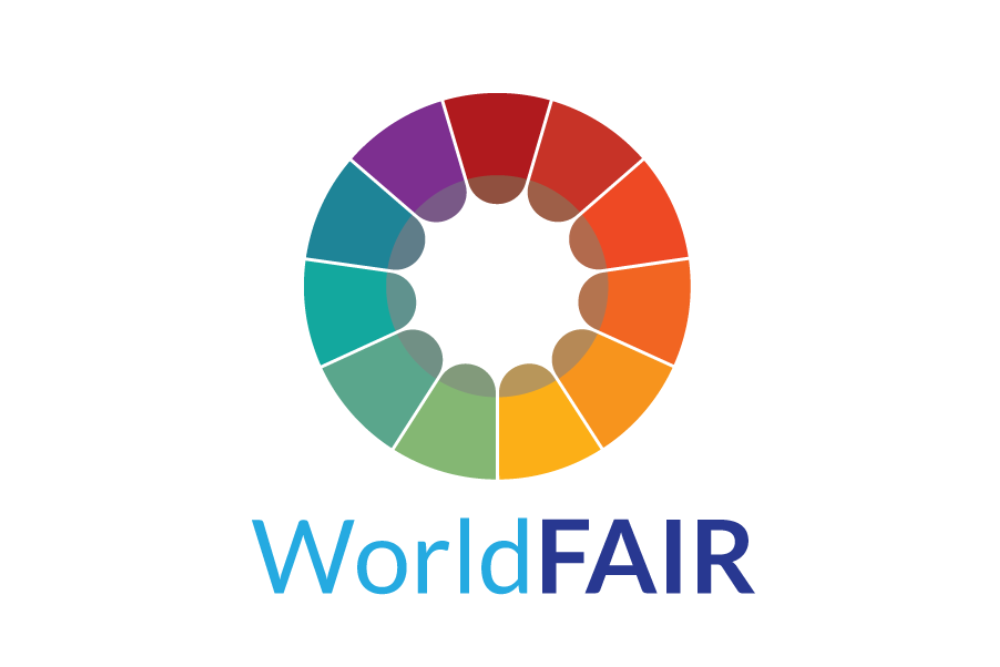
The WorldFAIR Project’s Cross-Domain Interoperability Framework
- This event has passed.

The goal of this event is to describe the reasoning behind the development of the Cross-Domain Interoperability Framework (CDIF), to give a detailed picture of how it is currently envisioned and what activities, functions, and standards it will encompass, and to provide a current status of the work.
The EC-funded WorldFAIR project is coordinated by CODATA, with RDA as a major partner, and will produce an initial draft of the CDIF recommendations. Building on WorldFAIR, and other expert communities, a Working Group and Advisory Group have been established to oversee the development of CDIF. It is expected that CDIF will persist beyond the scope of the initial WorldFAIR Project, and include not only the eleven domain case studies, but also other interested communities. Efforts will be made to align with major global initiatives and infrastructures addressing data interoperability (such as EOSC, ARDC, UNECE Modern Statistics).
The first part of the workshop will focus on the functional drivers and requirements for defining a set of activities to support the FAIR principles, and to show the organisational and system dynamics which make CDIF necessary. The development process and questions around the organisation of the work will also be described. The draft of CDIF to be presented identifies activities and information implicit in adherence to and support for the FAIR principles. CDIF is built on top of the generic foundation provided by the FAIR Digital Object Framework, to address interoperability at the level of applications rather than exchange protocols. CDIF reflects the granular needs for domain metadata being expressed in broadly understood terms where possible, supplemented by domain-specific semantics where absolutely required.
The second part of the workshop will show how these research and data requirements can be translated into system functions and services, and how these can be supported through the use of existing standards and specifications for the needed information. These will include specifications such as DCAT, Schema.org, DDI-CDI, SKOS/XKOS, SSSOM, OGC Observations & Measurements/I-PROV, etc. Specific features of the standards and how they can be used in combination will be addressed, although not at a technical level. Feedback from participants will be elicited, and their input collected to help us inform the ongoing development work.
The workshop will be interactive and built around structured discussion of the draft CDIF.
Target Audience:
Implementers and practitioners at all levels who are concerned with FAIR, especially in cross-domain or cross-infrastructure scenarios. The workshop is intended for those who wish a more detailed understanding of CDIF, and who may wish to implement or even become involved in its development in future.
Part One: FAIR Functional Drivers and Requirements
13:00-13:30 UTC: Presentation of FAIR Activities and Information Objects
13:30-14:30 UTC: Structured review of the relevant sections of the CDIF Draft
14:30-15:00 UTC: Break
Part Two: System Functions and Supporting Standards
15:00-15:30 UTC: Presentation of functional areas and candidate standards
15:30-16:30 UTC: Structured review of the relevant sections of the CDIF Draft
Organisational Note:
The workshop will be recorded and the recordings will be made available via CODATA Vimeo. If you plan to attend the event virtually, kindly note the Data Statement for CODATA Zoom at: https://drive.google.com/file/d/1QdZMRNs9h3Md4ArIiJepR15f3MLOYros/view?usp=sharing
All attendees, onsite and online are expected to comply with the CODATA Code of Conduct: https://codata.org/about-codata/codata-policies-and-guidelines/code-of-conduct/
